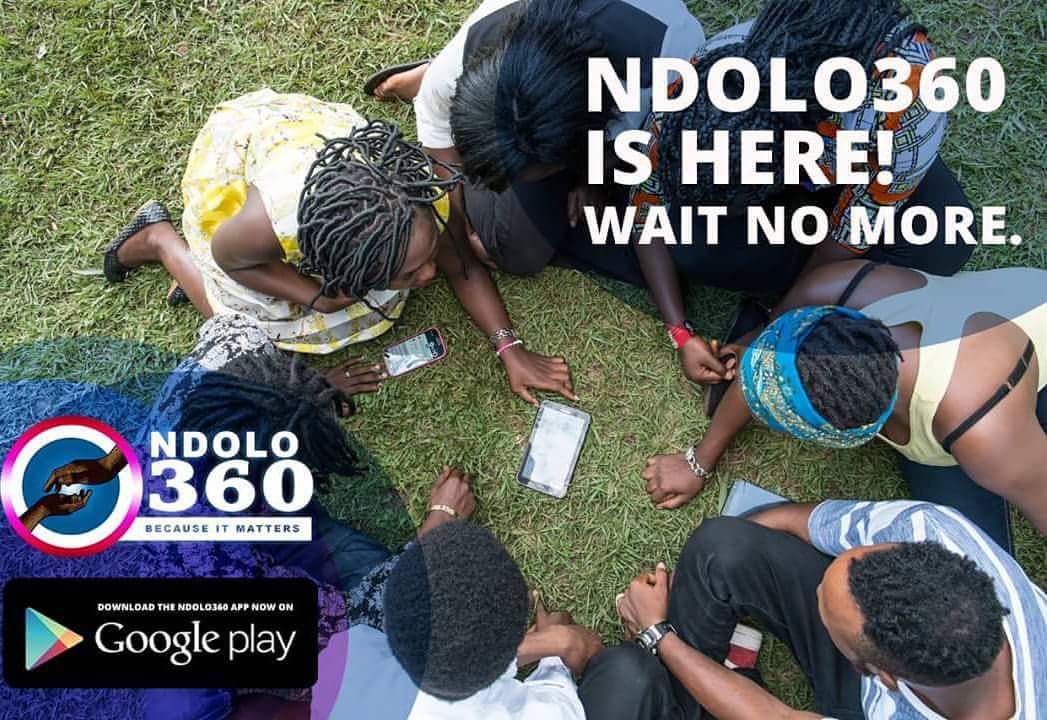By Ngala Chimtom in Yaounde and Kristin Palitza in Cape Town
dpa, Berlin
WWR Article Summary (tl;dr) A young Cameroonian entrepreneur has developed a mobile app that allows users to ask questions about sexual and reproductive health anonymously — with “sexperts” providing swift answers at the other end. The technology could change the lives of many young women in the West African nation and around the world.
YAOUNDE
Talking to their daughter about sex was never an option for Valerie Akaba’s parents. Like many children in conservative Cameroon, where sexuality is considered a taboo, Valerie entered puberty clueless about the changes in her body.
She thought menstruation was at best a shame, at worst an illness. At the age of 15, Valerie fell pregnant.
buy light pack generic buy light pack online no prescription
“I was four months pregnant and didn’t even know it. The menstruation had stopped, and I thought I had been miraculously cured of a sort of disease,” the young woman remembers three years later.
The taboo deprived Valerie of basic but vital information she needed to make informed choices about her sexual health. When she opted for an illegal abortion, she almost lost her life.
About 40 per cent of pregnancies in Cameroon are unintended, with more than a third ending in unsafe abortions, according to a 2014 report by research organization Guttmacher Institute in the United States. Almost 15 per cent of girls between the ages of 15 and 19 have been pregnant at least once in the West African nation.
Teenagers also know little about HIV, other sexually transmitted diseases, reproductive rights or even simply about sex itself.
To address this issue, a young Cameroonian entrepreneur, Mallah Tabot, developed a mobile application that allows users to ask questions about sexual and reproductive health anonymously — with “sexperts” providing swift answers at the other end.
“Until we start looking at alternative means of providing sex education to those who need it the most — adolescents and young people — we are going to witness the vicious cycle of teenage pregnancy, increased HIV rates, mortality and morbidity,” says Tabot, who is also the program director of United Vision, a non-profit organization that educates about sexual and reproductive health in the capital, Yaounde.
“People have the right to make decisions about their bodies, and the app is designed to help them make the right decisions,” Tabot, 28, told dpa.
Launched last month, Ndolo360 gives young people judgement-free information. It can be downloaded for free in English or French.
The app comes with a library of information about sex and reproductive topics users can browse. There are educational games and a database of youth-friendly services across the country. Personal questions are answered by a team of medical practitioners, peer educators, social workers and counselors.
User reviews on the Ndolo360 website have been lauding the app as a “great bridge.”
“I discovered lots of things I thought I knew, but I was proven wrong,” one user commented. “It has the right information on sexual health, which my parents are still to give me,” said another user.
The app has also received the nod from experts. Ndolo360 has “the potential to circumvent cultural barriers,” says Rogers Ajeh, a researcher at the Institute of Research for Development in Yaounde.
Ajeh even goes a step further to suggest building monitoring software into the app to collect statistics so that its impact can be assessed by specialists.
Among the first users of the app is also Valerie, who now works as a hairdresser in Yaounde.
“It’s a lot easier [to talk about sex] when you just send a message to someone you don’t know and have never seen and get adequate explanations to your problem,” says the young woman.














































































































































































































































































































































































